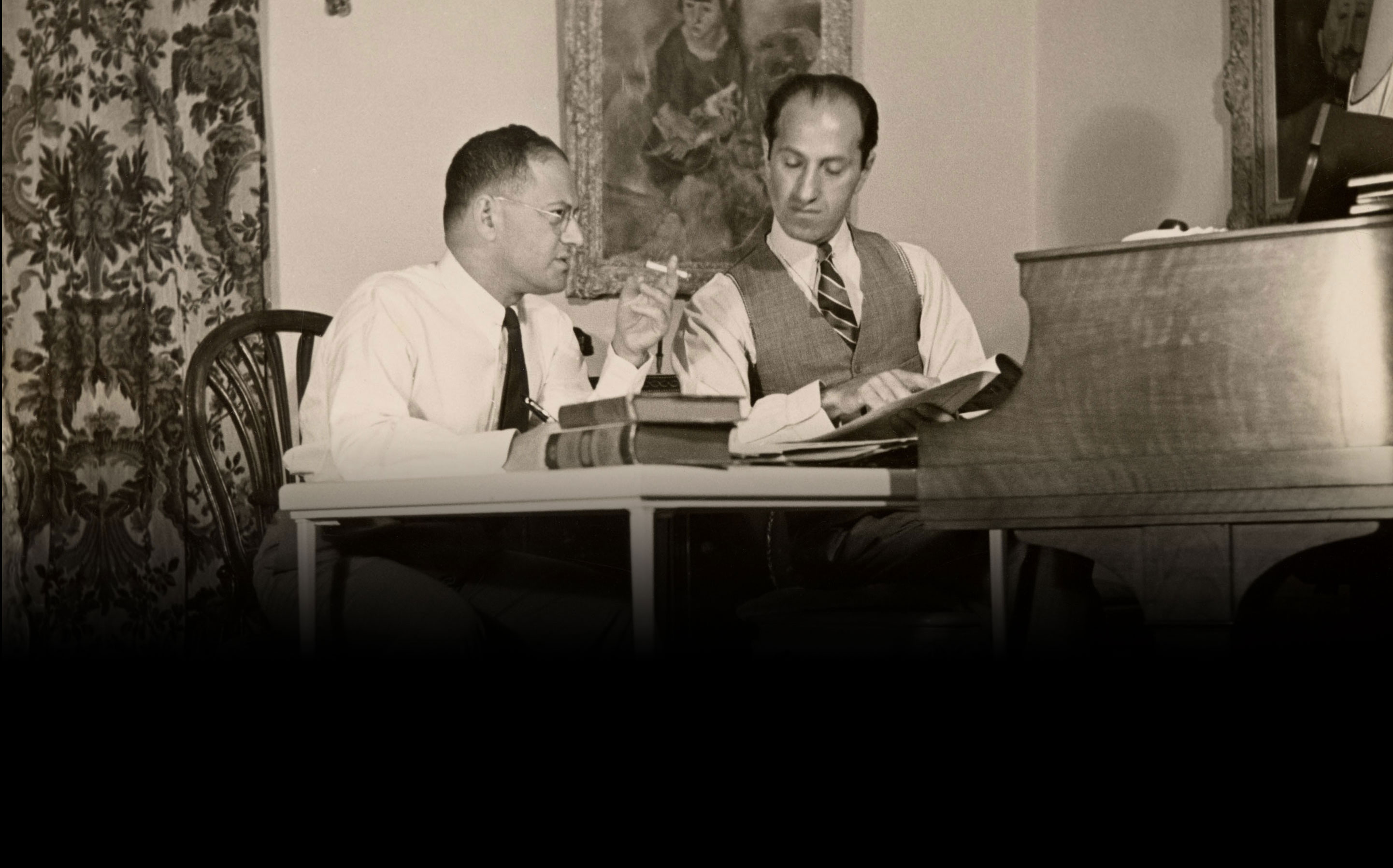For the First Time in Nearly a Century, Original Orchestrations of “La, La, Lucille”
The U-M Gershwin Initiative is thrilled to share the first-ever recordings of two songs from the recently rediscovered touring orchestration of George Gershwin’s first complete Broadway show — La, La, Lucille, a 1919 bedroom farce! These recordings of the rediscovered orchestrations, likely by Frank Saddler (1864–1921), were filmed live at our Gershwin 1924 Centennial Celebration at Michigan Theater. Based on our research, this was the first time they had been heard since 1926! You can read about the rediscovery in Associate Editor Jacob Kerzner’s post and in a recent University Record article. The scoring heard in this recording is most […]
